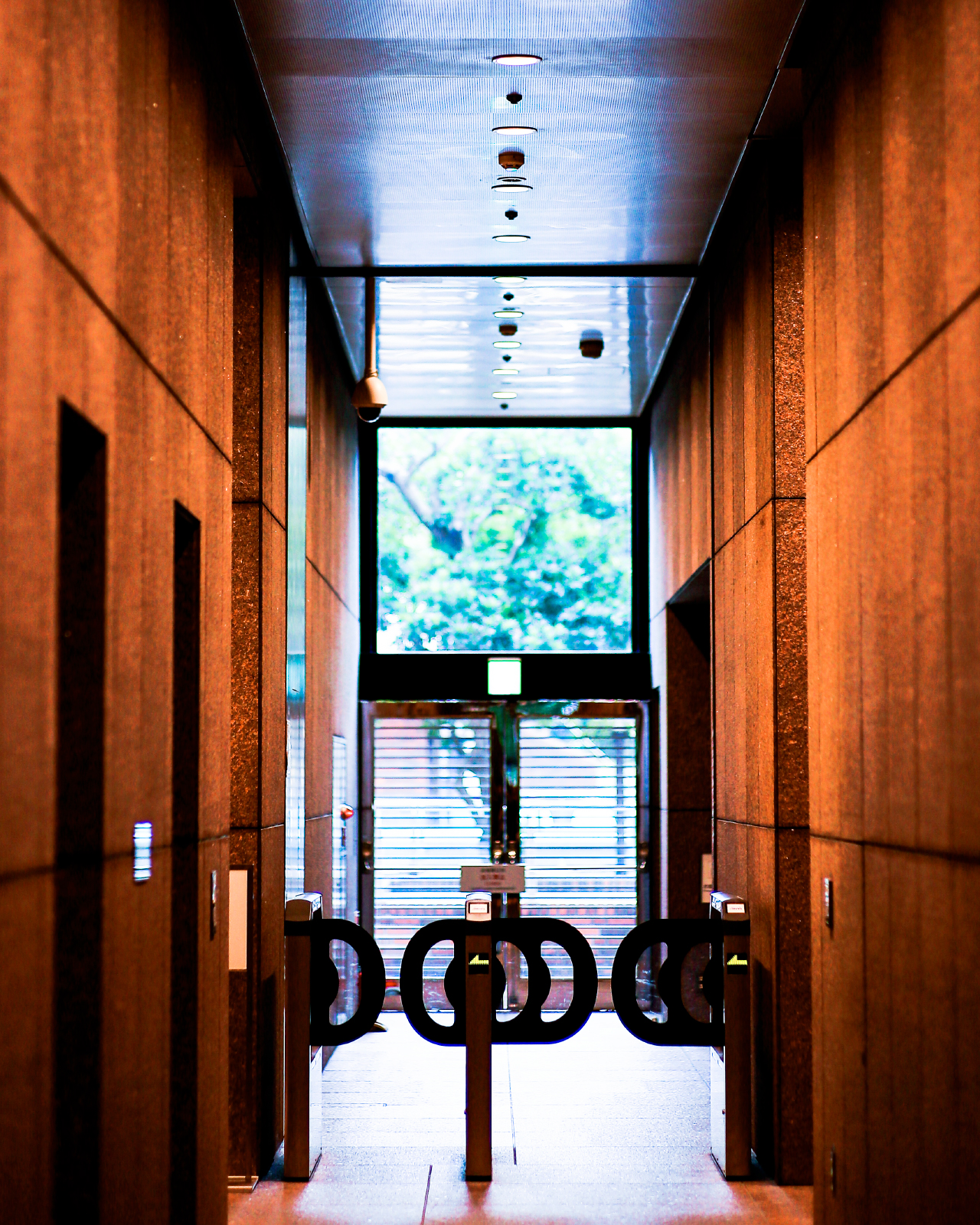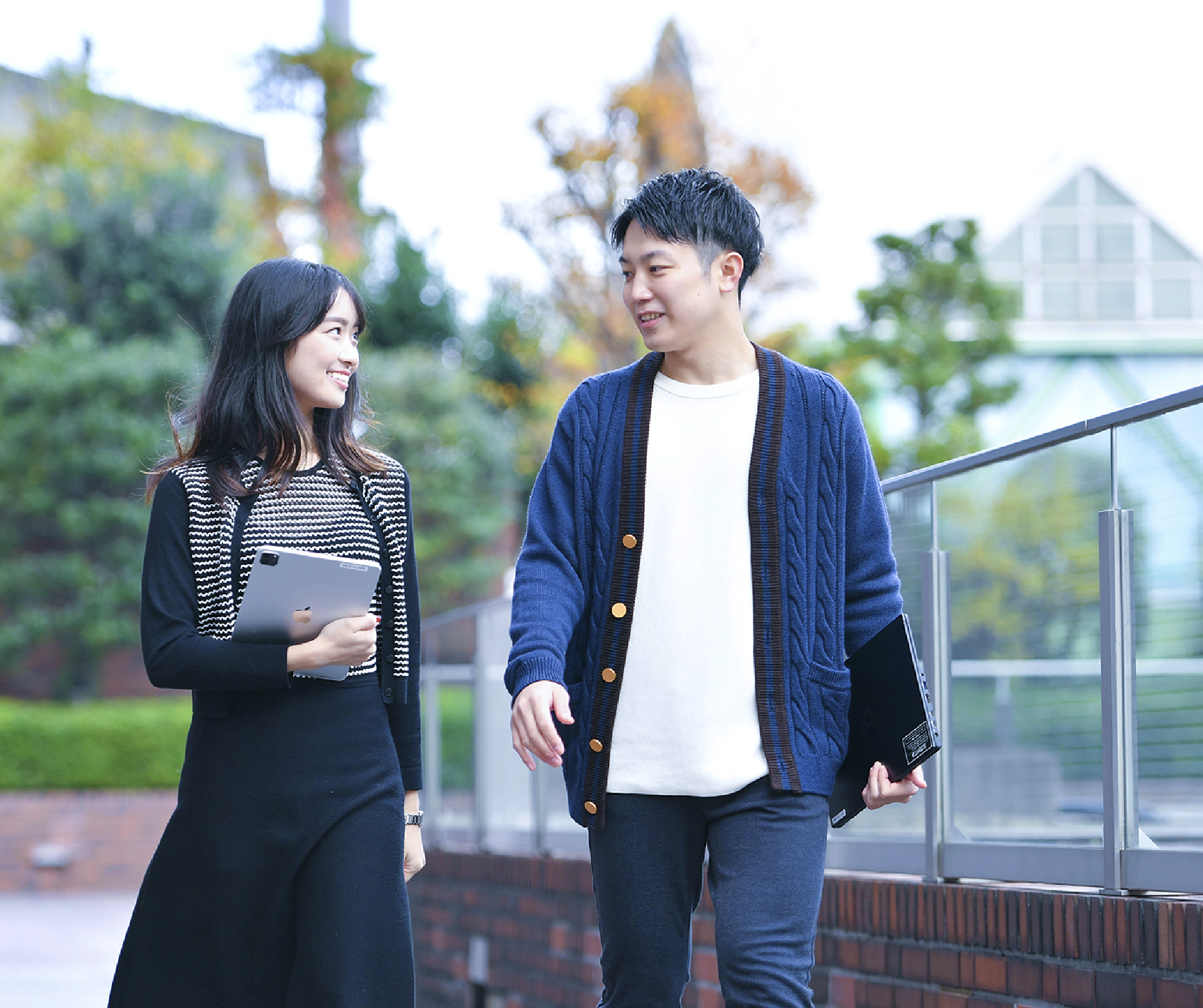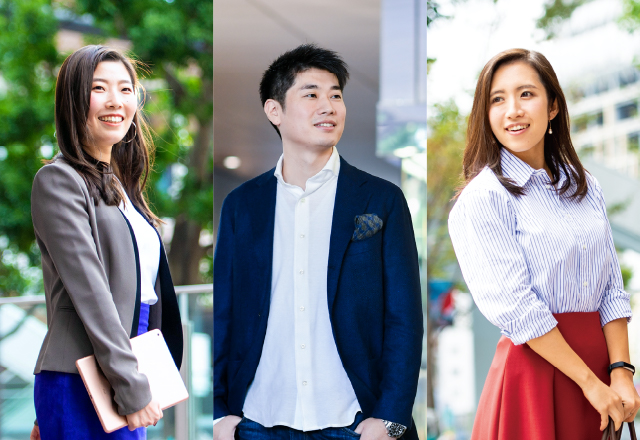The goal of work style reform is to become a
"strict but rewarding company."
-
REVOLUTION 01
Morning-focused working system -
We introduced the morning focused working system in October 2013. Like other companies in the same industry, ITOCHU had long adopted a flextime system, with a core time from 10:00 a.m. to 3:00 p.m.; but, in actual fact, rather than working efficiently, many employees came into work at 10:00 a.m. and worked until late at night.However, many of the companies ITOCHU dealt with had early start times and companies with start times of 8:30 a.m. were by no means unusual. Customers will not trust us or have high expectations of us if they contact us first thing in the morning saying that the product they ordered has yet to arrive and we reply that the person in charge will not be in the office until 10:00 a.m. We also thought it would be more efficient to start work early in the morning rather than to work long hours of overtime late at night.
Therefore, work between 8:00 p.m. and 10:00 pm is prohibited, in principle, and work between 10:00 p.m. and 5:00 a.m. is prohibited. By ensuring that work between 5:00 a.m. and 8:00 a.m. is paid at the the same overtime rate as late night work and providing free light meals to employees who come to work by 8.00 a.m., we encouraged workers to switch from a night-focused work system to a morning-focused work system. As a result of the introduction of a raft of measures, the percentage of employees who work overtime after 8.00 p.m. is now just 5%. Now almost half of all employees coming into work and start working before 8.00 a.m.Unlike limitless late nights, there is a limit to how early employees come to work in the morning and consequently overtime hours decreased by around 10% compared with before introduction. Through the morning-focused working system, employees switched to a style of concentrating on work for shorter periods and going home early at night as a opposed to a lifestyle of working many hours of overtime and going out drinking afterwards.
-
REVOLUTION 02
Dress down days -
ITOCHU introduced dress down days, when employees are encouraged to wear casual clothes, from June 2017 (initially only Fridays were dress down days but now Tuesdays, Wednesdays, Thursday and Fridays are all dress down days). Through this measure, which even allows jeans and sneakers to be worn to work, ITOCHU encourages employees to wear attire befitting its free culture whilst taking the time, the place, and the occasion (TPO) into consideration from a customer perspective. We also introduced a program whereby employees were styled by their own department store stylist and we footed the bill for their chosen outfit and provided it to them free of charge, as well as a new program that allowed employees to try out new styles. We believe that this initiative fosters flexible thinking by getting employees to consider what they should wear the following day based on an awareness of their relationships with customers and those around them and creates a working environment in which employees are more likely to come up with original work ideas.

-
REVOLUTION 03
Support measures for balancing cancer care and work -
At present, it is said that one out of every two people in Japan will contract cancer during his or her lifetime. Every year, 850,000 individuals are diagnosed with cancer, with working-age adults accounting for 30% of that number. Typically, cancer needs intensive treatment for a certain period of time, with a careful, long-term follow-up. At ITOCHU, there are some employees who are receiving treatment for cancer while continuing to work, and some who have passed away from cancer. We determined that providing a work environment where employees continue to work without fear about cancer or yielding to it leads to positive work on the part of employees and the activation of the organization. Consequently, we embarked on measures to strengthen cancer prevention and treatment among employees. The four main measures introduced are (1) mandatory cancer screening through our partnership with the National Cancer Center Research Institute; (2) subsidy of high cost highly advanced medical care expenses in full; (3) development of systems to support balancing cancer care and work; and (4) expansion of child education funds. In addition to developing such support systems, we believe it is important that employees with a cancer diagnosis feel they belong in the workplace. People demonstrate great strength when they feel they belong. We believe that it is important to create systems through which work colleagues support such employees and give them a sense of belonging and to create such a work place. We aim to create a work place in which employees can continue working even if they develop cancer, feeling motivated, rewarded and reassured.

REVOLUTION 04




